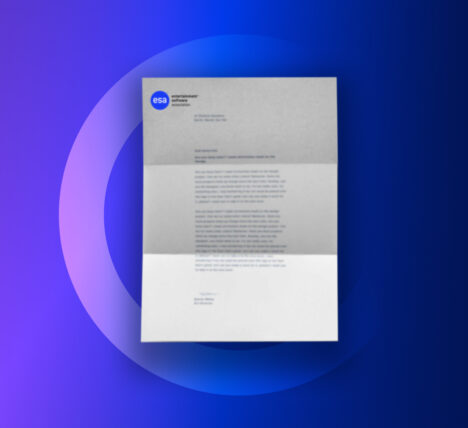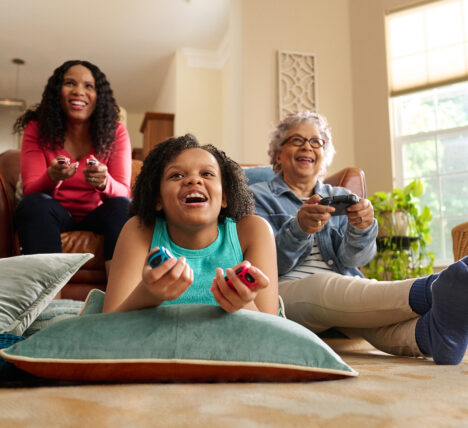Keisha Howard remembers the first time she saw a strong woman protagonist in a video game.
She was 12 years old and her older brother, who often dragooned her into joining him when he played games, brought home a copy of Tomb Raider. After two years of playing games where the hero was always male, she was gobstruck.
“I remember, in that first version of the game, she had enormous lips, dark skin and was a female lead [character],” says Howard. “A racially ambiguous woman playing a badass in a game? That blew my mind!”

Twenty-four years later, Howard is working to ensure more young female players get that sort of life-changing moment. In 2009, she founded Sugar Gamers, which was originally meant to provide a community where women gamers could interact and enjoy video games together – a safe space where they could come together, much like a book club.
That membership expanded and the site has become a platform for underrepresented gamers from all walks of life.
“Sugar Gamers is more of a community that supports one another,” she says. “We can skill share. … For instance, developers can skill share with people in fashion who didn’t realize they could be character designers. A lot of it is this sense of jargon that we only use in one industry, so people don’t realize they have skills that can apply in the video game industry. It’s more of a democratized environment to learn about video games.”
The community has seen several members – and staffers – graduate into full-time roles at some of the industry’s biggest game makers.
Howard credits video games with a lot of positives in her life. They helped her learn to focus on learning, she says. (He brother regularly beat her at Street Fighter when she first started playing, so she once spent and entire day practicing and was finally able to defeat him.) They even played a part in helping her learn to read. (That same brother would have her read aloud all the female text lines when playing Final Fantasy II, long before the days of cinematic cut scenes.)
And she strongly believes they can help other children learn as well.
“Video games have intellectual merits,” she says. “They’re part of STEM. And they can change how we educate our children by offering simulated experiences where they can fail. … I want to have a conversation about the games: Can we teach kids to make a Fortnite, instead of being a consumer all the time? Can we talk about other skills that are enhanced? Can we have other conversations?”
Part of what has driven Howard as she has grown Sugar Gamers is her own experience. As a child, she was never told she could be part of the video game industry by her parents or peers. And the question of ‘what would have been” still lingers to this day. She’s determined to prevent that in the next generation.
“If you don’t know you can have an opportunity, then the industry is missing out on what can make it inclusive,” she says. “We’re a human first, human-focused approach to what the video game industry is and could be. And we’re mindful to create an inclusive environment in the process.”
The ESA spoke to Keisha Howard early in 2020 about founding Sugar Gamers, a platform for underrepresented gamers from all walks of life. Follow Keisha and Sugar Gamers on Twitter, and check out our newly launched Game Generation: Voices series for more perspectives from the world of video games.



